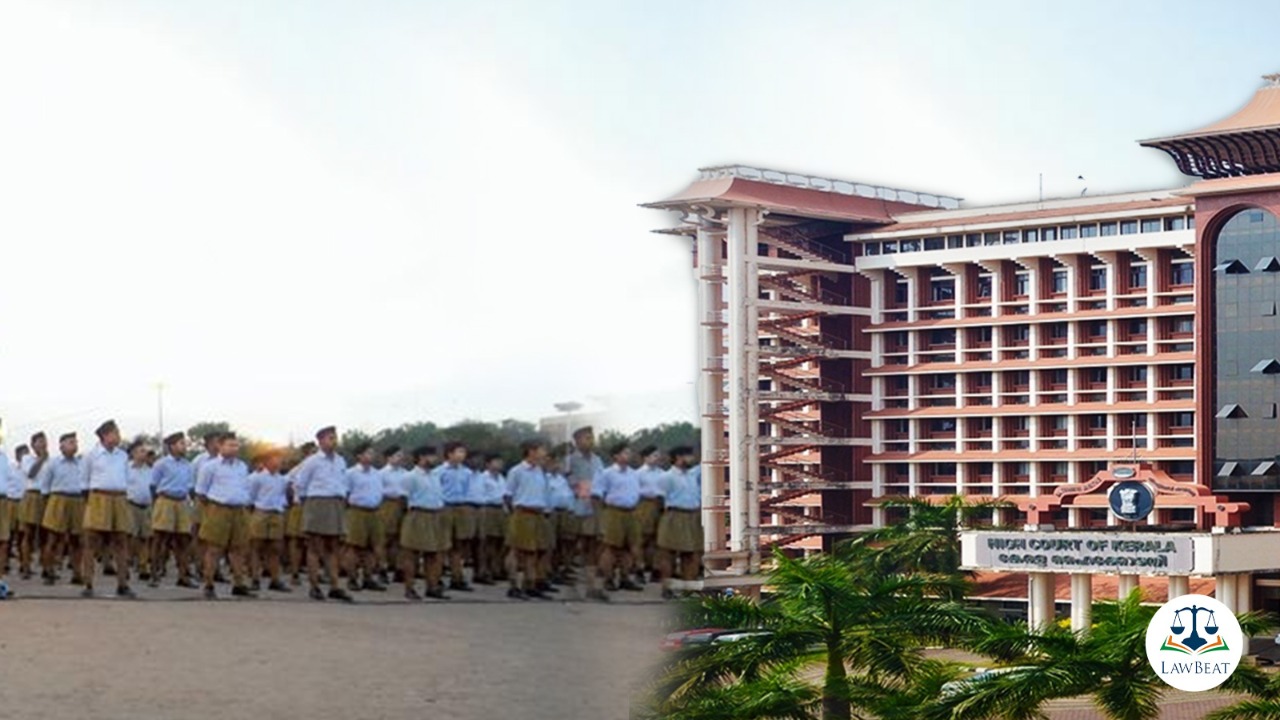Each of its members has 'locus standi' to file case against RSS's defamation: Kerala High Court clarifies

In a case pertaining to a 2011 article in Malayalam weekly 'Mathrubhoomi' which allegedly intended to defame Rashtriya Swayamsevak Sangh (RSS), the Kerala High Court recently clarified that any member of the RSS has the 'locus standi' to maintain a complaint against organization's defamation.
Pointing out that Rashtriya Swayamsevak Sangh (RSS) is a definite and identifiable body, the bench comprising Justice Sophy Thomas held,
"When an article is published in a newspaper containing imputations meant to harm the reputation of Rashtriya Swayamsevak Sangh (RSS), complaint by individual member of RSS is maintainable under Explanation 2 to Section 499 of IPC."
"It is not necessary that the imputations in the article individually affected the reputation of the complainant," court added.
Therefore, court rejected the petition filed by the Malayalam Publishing Group 'Mathrubhoomi Illustrated Weekly' and its team members seeking to quash the proceedings against them before Additional Chief Judicial Magistrate (Economic Offences), Ernakulam.
Additionally, court directed the trial court to expedite the trial and to dispose of the case, in accordance with law within a period of six months.
The case was filed against the weekly and 8 others based on a private complaint filed by the RSS State Secretary. The Petitioners had contended that RSS's State Secretary had no 'locus standi' to represent the organization.
In light of section 199 of the Criminal Procedure Code and the explanation provided under section 499 of the Indian Penal Code, they had argued that only if there is a definite, capable of being identified association or collection of persons, it could be said that the defamatory matter applies to all the members of that organization.
They had further averred that if the collection of persons is an indeterminate and indefinite collection of body, it could not be said that each and every member of that body could maintain an action under Section 500 of IPC (punishment for defamation) unless the complainant was referred to as a person who had been defamed under the imputation.
However, Court rejected petitioners' this contention, noting that RSS is a definite and identifiable body as held by the High Court of Allahabad in Tek Chand Gupta vs. R.K. Karanjia and others (1967) and asserted by the Apex Court in multiple decisions.
An article was published in Mathrubhoomi Illustrated Weekly on February 27, 2011, about the impact of terrorist activities of RSS on Indian population. Following this, the RSS State Secretary had filed a complaint against the Weekly and its team alleging offences punishable under Sections 120B, 153A, 500 read with Section 34 of IPC.
He had alleged that Weekly's this article contained imputations, which were defamatory and misleading, lowering the reputation of RSS in the public. He had also stated that the article published was capable of promoting enmity between different groups on the grounds of religion, prejudicial to communal harmony.
Case Title: Mathrubhoomi Illustrated Weekly & Ors. v. P. Gopalankutty & Anr
